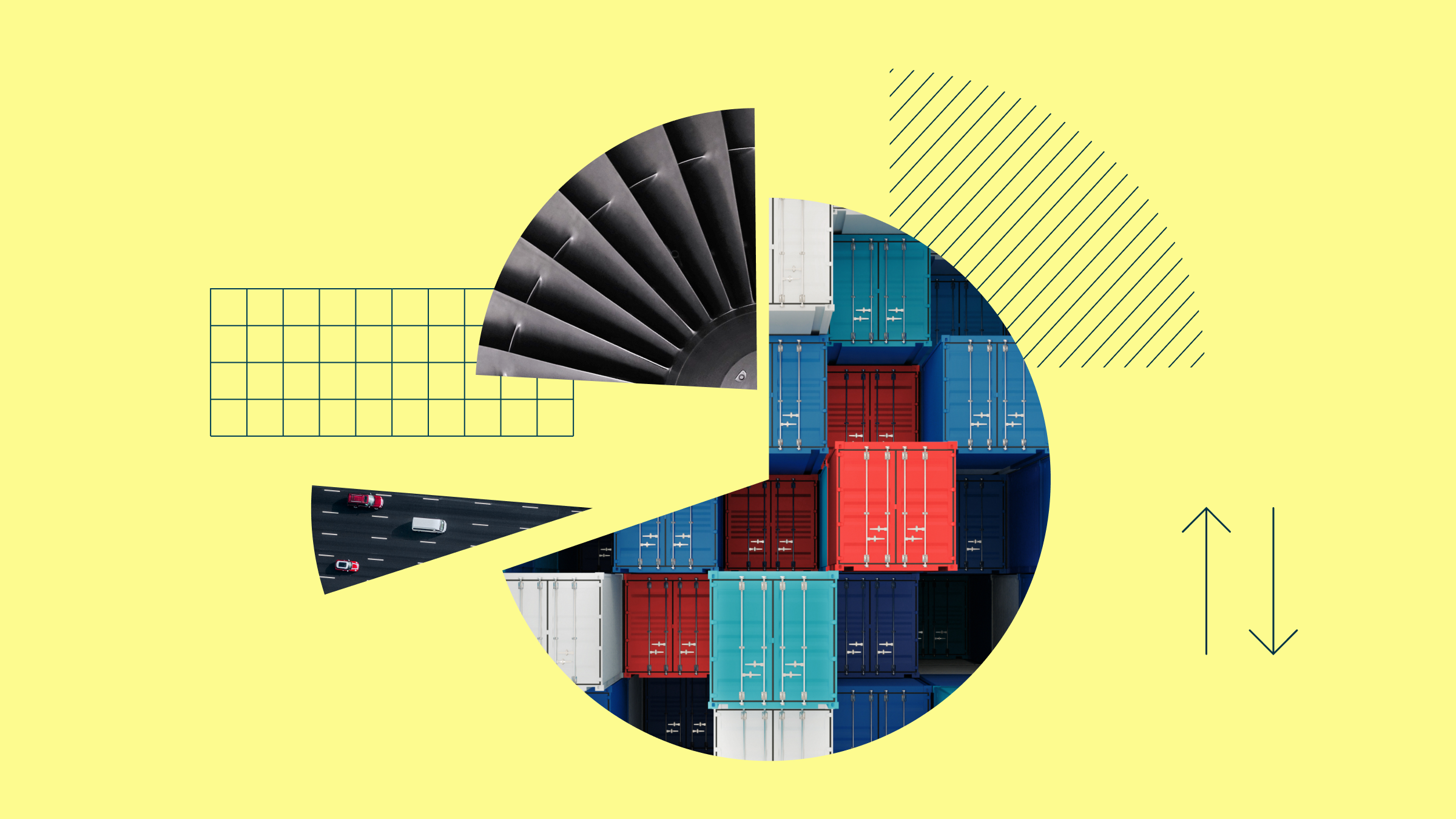
Emerging markets are dynamic and have undergone colossal changes. Their portion of the world’s gross domestic product has grown from less than 20% in the late 1980s to more than 42% now, according to the IMF. So how can you best invest?
With this explosion of economic output came an expansion of global investment supporting such momentous growth. This is reflected in the rapid growth of their equity markets. The Morningstar Emerging Markets Index returned 8% annualized versus 6.5% for the Morningstar Developed Markets Index over the past 25 years. And there is still room for further growth, presenting investors with a compelling case to invest.
Higher Growth – Higher Volatility
However, the strong economic growth of emerging markets has concealed unsettling volatility. Not all countries have enjoyed robust growth, and growth can go through unpredictable cycles. As a result, the Morningstar Emerging Markets Index posted 41% higher volatility than the Morningstar Developed Markets Index from its June 1998 inception through January 2024. Emerging markets also faced steeper declines, with an average drawdown of 16% compared with 11.6% for developed markets over the same period.
There are a few steps investors can take to alleviate the sting of volatility. Diversification, the most cost-effective risk-management tool, can lessen the blow when a company faces its demise or when a country’s macro backdrop deteriorates without sinking the entire portfolio. It also improves the odds of holding the next winner and prevents loading up on a specific sector. These are three highly rated Canadian emerging markets ETFs that do a great job of constructing broadly diversified portfolios of emerging markets stocks.
Top Canadian Emerging Market ETFs with Diversified Exposure
- Vanguard FTSE Emerging Markets All Cap ETF (VEE)
- BMO MSCI Emerging Markets Index ETF (ZEM)
- IShares Core MSCI Emerging Markets ETF (XEC)
Vanguard FTSE Emerging Markets All Cap ETF VEE
Vanguard FTSE Emerging Markets All Cap ETF (VEE)’s broad portfolio and low expense ratio should help it outperform category peers over the long haul. It tracks the FTSE Emerging Markets All Cap China A Inclusion Index, which includes large-, mid-, and small-cap stocks from more than 20 emerging economies. The portfolio excludes Korean stocks because FTSE classifies South Korea as a developed market.
Its market-cap-weighted approach benefits investors by capturing the market's collective opinion of each stock's value while mitigating turnover and trading costs.
The portfolio's extensive diversification helps mitigate the impact of the worst-performing stocks. As of February 2024, it held over 4,700 names, while its 10 largest positions accounted for less than 18% of its assets.
The fund’s 0.25% fee is among the lowest in the Category and should provide a durable edge in driving sound category-relative returns over the long run.
BMO MSCI Emerging Markets Index ETF ZEM
BMO MSCI Emerging Markets ETF (ZEM) should benefit from a low fee and a broadly diversified portfolio in driving sound category-relative performance over the long run.
This fund tracks the MSCI Emerging Markets Index, which sweeps in large- and mid-cap stocks from 24 emerging markets, including China A-shares and South Korean stocks. Its market-cap-weighted approach benefits investors by capturing the market's collective opinion of each stock’s value while mitigating turnover and trading costs. MSCI also employs buffers and liquidity screens in its construction process to make the portfolio easier to track.
This broad portfolio helps mitigate the impact of deteriorating stocks. As of February 2024, the fund held more than 850 names and its 10 largest positions accounted for less than 24% of assets.
The fund’s 0.27% annual fee falls into the cheapest quintile of the emerging-markets equity Morningstar Category.
iShares Core MSCI Emerging Markets ETF XEC
iShares Core MSCI Emerging Markets ETF (XEC) boasts a low fee and a comprehensive portfolio. It tracks the same index as ZEM and enjoys the same benefits.
However, unlike ZEM which samples the index, XEC fully replicates its benchmark. As of March 2024, the fund held more than 2,900 names and its 10 largest positions accounted for less than 20% of assets.
The fund’s 0.27% fee is among the lowest in the category and takes a small bite out of return.
Emerging Market Investment Considerations
These funds do a great job of accurately representing the contours of emerging markets. However, they are exposed to greater levels of country-specific and geopolitical risks compared with developed markets funds. For example, Chinese, Indian and Taiwanese stocks accounted for around 59% of the assets as of March 2024. While this is representative of the relative size of these countries’ equity markets, it also exposes these funds to country-specific risk. Similarly, many companies in emerging markets are state-owned enterprises and may prioritize the interests of the state over public shareholders. Investors should continue to monitor these risks and evaluate how they impact portfolio-level volatility and risk.
The author or authors do not own shares in any securities mentioned in this article.





















